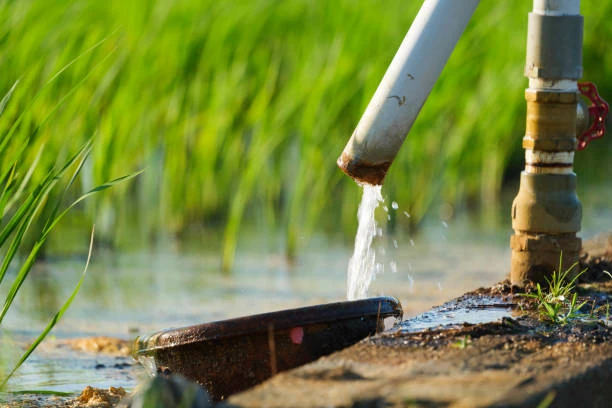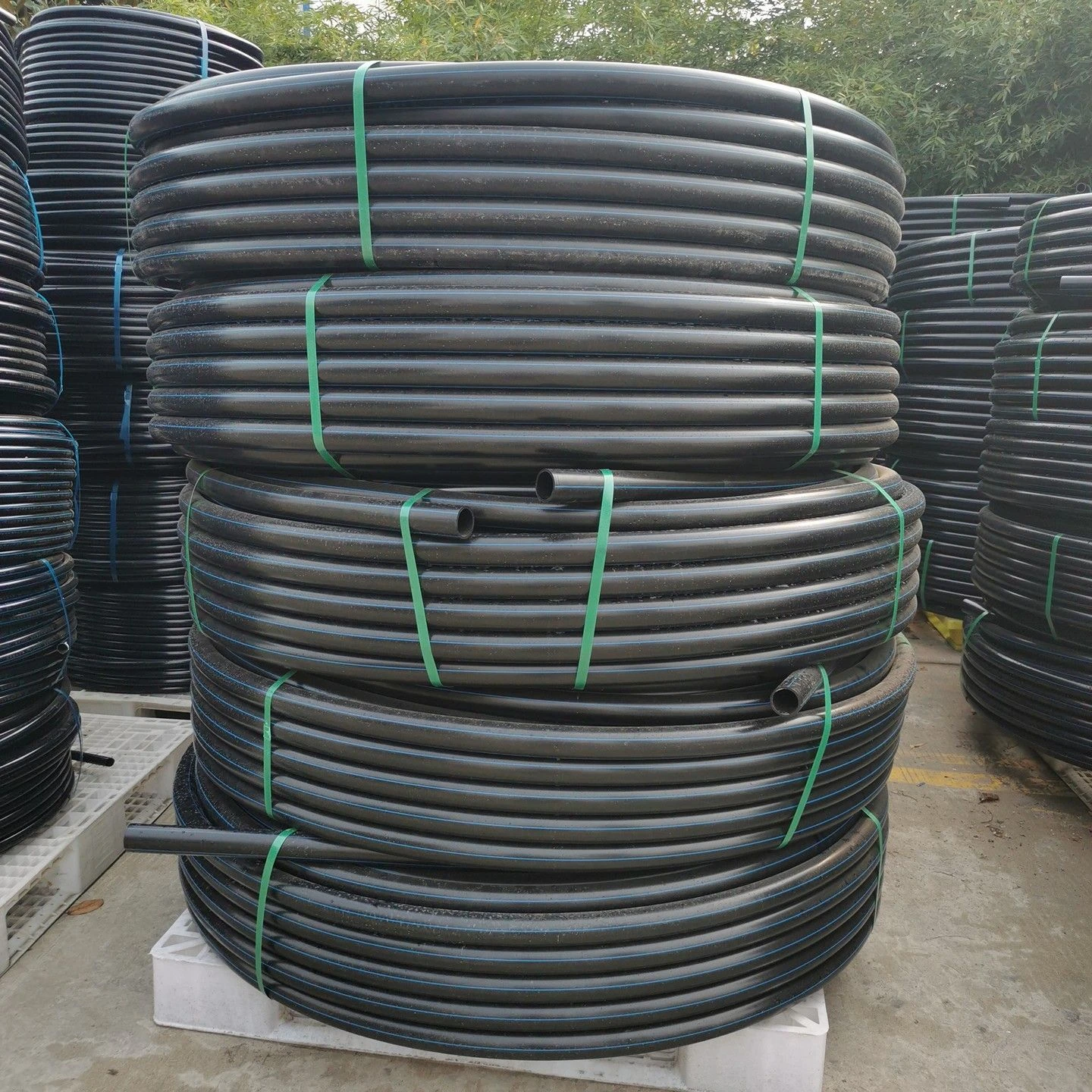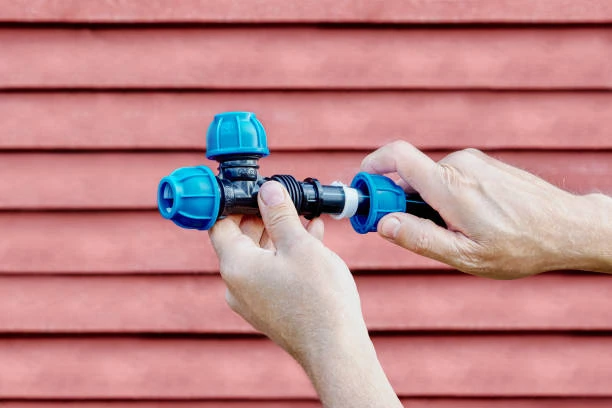A major disruption occurred in West Hull recently when a Plastic pipe burst, forcing the closure of a main road for several days while repair crews worked to resolve the issue. The burst pipe caused significant flooding in the area, damaging the road and surrounding infrastructure. This incident highlights both the vulnerabilities of plastic pipes in urban environments and the challenges posed by their repair, especially when critical infrastructure like major roads is affected.
In this article, we will explore the factors that led to the plastic pipe burst, its impact on the local community, and the steps being taken to resolve the issue. Additionally, we will examine the role of plastic pipes in modern infrastructure, the advantages and disadvantages of using plastic for plumbing, and the broader implications of this incident for future urban planning and pipe maintenance.

The Incident: What Happened in West Hull?
The burst of the plastic pipe in West Hull occurred early in the morning on a busy weekday, sending water flooding onto the streets. The road, which is a primary thoroughfare for commuters, was quickly inundated, causing traffic disruptions and making the area impassable. Emergency crews were dispatched to the site to contain the flooding, assess the damage, and begin the process of repairing the burst pipe.
As the water spread, it not only damaged the road itself but also impacted nearby properties, with some homes and businesses suffering from water damage. Local residents were advised to stay indoors, while work began to divert the flow of water and repair the pipeline.
The repair work involved digging up portions of the road to access the damaged pipe and replace it with a new section of piping. Due to the complexity of the repair and the need to ensure the safety of both workers and the public, the road remained closed for several days. Local authorities warned that traffic would be significantly impacted in the days following the incident.
What Caused the Plastic Pipe to Burst?
Plastic pipes are widely use in infrastructure systems because they are cost-effective, lightweight, and resistant to corrosion. However, like all materials, plastic pipes have their limitations. In the case of the burst in West Hull, several factors likely contributed to the failure of the plastic pipe.
- Age and Wear
Many of the plastic pipes in use today were install several decades ago. Over time, plastic pipes can become brittle, especially when exposed to fluctuating temperatures or physical stress. In areas with heavy traffic or ground movement, the pipes are subject to additional strain. The pipe in West Hull could have been weaken by the combination of aging and external pressures, leading to a rupture. - External Damage
Construction projects, heavy vehicle traffic, or even tree root intrusion can exert pressure on underground pipes. In this case, the road in West Hull is a busy route, meaning that the plastic pipe could have been subjecte to pressure from above. Such external damage can cause cracks or weaknesses in the pipe, eventually leading to a burst. - Fluctuating Temperatures
Extreme weather conditions, such as cold winters followed by warm spells, can also affect plastic pipes. When temperatures drop, the plastic can contract and become brittle. Conversely, rapid warming can cause the ground to shift, further stressing the pipe. The West Hull area may have experienced such temperature fluctuations, contributing to the pipe’s failure. - Faulty Installation
While plastic pipes are generally durable, improper installation can compromise their integrity. If the pipes were installed incorrectly, without sufficient care in their alignment or joint sealing, they could be more prone to leaking or bursting under pressure.
The Role of Plastic Pipes in Urban Infrastructure
Plastic pipes, particularly those made from materials like PVC (Polyvinyl Chloride) and HDPE (High-Density Polyethylene), have become a standard choice for urban water and sewage systems. These pipes are use in a wide variety of applications, including potable water delivery, sewage transport, and gas distribution.
There are several reasons for the widespread use of plastic pipes:
- Cost-Effectiveness: Plastic pipes are cheaper to manufacture and install than traditional metal pipes like copper or steel. This makes them an attractive option for municipal projects, especially in urban areas where large quantities of piping are need.
- Corrosion Resistance: Unlike metal pipes, plastic pipes do not corrode, making them ideal for use in areas with high humidity or moisture. They are less prone to rust or decay, which means they generally have a longer lifespan when properly maintained.
- Lightweight and Flexible: Plastic pipes are lighter than metal pipes, making them easier to handle and install. They can also withstand minor ground movements without cracking, which makes them a suitable option for areas prone to slight shifts in the ground.
- Ease of Installation: The flexibility of plastic pipes makes them easier to install in difficult or cramped spaces. They are also resistant to scaling, which can affect the flow of water in metal pipes.
However, despite these advantages, plastic pipes do have some disadvantages. While they are generally durable, they can be susceptible to damage under certain conditions, as evidenced by the incident in West Hull. The relatively low cost of plastic pipes means that they may not always be the highest quality, and the maintenance and repair of plastic pipes can sometimes be more challenging than for metal counterparts.
The Impact on West Hull and Its Community
The burst plastic pipe in West Hull had significant implications for both the local community and the infrastructure. Some of the most immediate effects included:
- Traffic Disruptions
The closure of a main road in West Hull disrupted daily commuting for thousands of people. Residents and businesses in the area face long detours, and public transport routes were also affecte. This caused delays and frustration for many people, especially during peak hours. The closure lasted several days as workers dug up the road to replace the damaged pipe. - Property Damage
The floodwater from the burst pipe affected several homes and businesses along the road. Although the flooding was largely containe, some properties suffered water damage, which required cleanup and repairs. In some cases, the water also caused damage to electrical systems, adding to the inconvenience for affected residents. - Repair Costs
The cost of repairing the burst pipe, replacing damaged sections of the road, and restoring the water supply system is expecte to run into the tens of thousands of pounds. These costs will be borne by local utilities, but in the long term, they could increase utility rates for residents in the area. - Environmental Concerns
The flooding caused by the burst pipe raised environmental concerns, especially regarding the runoff of water into nearby storm drains and waterways. While the local authorities took measures to mitigate the impact, there were concerns about the possibility of contamination from damaged underground infrastructure.
Preventing Future Plastic Pipe Failures
In light of the incident in West Hull, there is a growing need for increased vigilance and better management of plastic pipes in urban infrastructure systems. To prevent similar incidents in the future, several strategies can be considered:
- Regular Inspection and Maintenance
Regular inspections of plastic pipes, especially those in high-traffic areas or prone to extreme weather conditions, are essential. This can help identify early signs of wear or damage and address issues before they lead to more serious problems. - Improved Installation Standards
Ensuring that plastic pipes are properly installe with the correct alignment, support, and sealing is crucial in preventing future bursts. Stringent installation standards should be enforce to minimize the risk of failure. - Reinforced Pipe Materials
In high-stress environments, such as roads with heavy vehicle traffic, stronger or more durable materials could be use instead of standard plastic pipes. This could include reinforced pipes or alternative materials that are better suite for high-pressure conditions. - Public Awareness and Preparedness
Residents and businesses should be educate about the risks of plastic pipe failures and how they can prepare for potential disruptions. Local authorities can work to raise awareness about the importance of reporting leaks or unusual activity around pipes to prevent damage before it becomes a larger issue.
FAQs
- What caused the plastic pipe to burst in West Hull?
The plastic pipe likely burst due to a combination of factors, including aging infrastructure, external pressure from heavy traffic, and potential temperature fluctuations. - How long was the main road close for repairs?
The main road was close for several days while emergency crews worked to repair the damaged plastic pipe and restore the infrastructure. - What are the advantages of using plastic pipes in urban areas?
Plastic pipes are cost-effective, lightweight, resistant to corrosion, and easy to install, making them ideal for use in urban water, sewage, and gas systems. - What can be do to prevent future plastic pipe failures?
Regular inspection, improved installation standards, the use of reinforced materials, and public awareness can help prevent future plastic pipe failures. - Will the water supply be affecte by the plastic pipe burst in West Hull?
The water supply was temporarily disrupte while repairs were underway, but it was quickly restore once the pipe was replace and the system was secure.

















